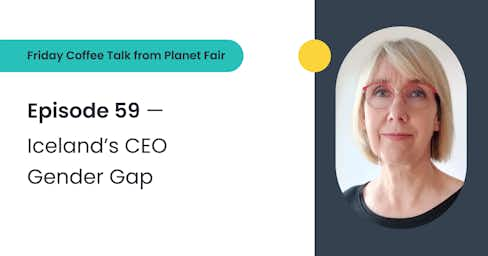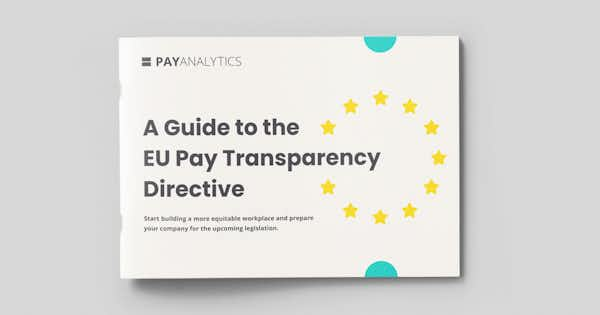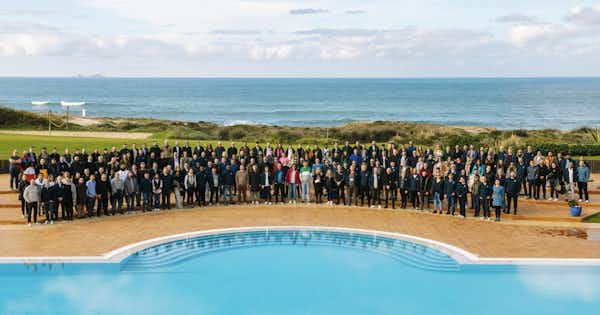Vorbereitung auf die EU-Lohntransparenzrichtlinie | Laden Sie unser E-Book kostenlos herunter

#59 – Iceland’s CEO Gender Gap with Thora Christiansen
University of Iceland Researcher Thora Christiansen has been looking into why, despite Iceland’s intensive work on pay equity, there are still so few female CEOs. In this coffee talk, Thora joins Margrét to talk about her research into this problem—and a few possible solutions.
Why Does Iceland Have So Few Female CEOs?
On March 8, International Women’s Day, we recognize the progress that’s been made towards gender equity—and we acknowledge the work we still have to do. In this week’s coffee talk, Margrét is joined by Prof. Thora Christiansen from the University of Iceland, who tells us about a gender equity problem that persists despite Iceland’s big steps forward.
As one of those steps, Iceland passed a law mandating that corporate boards need to be 40% to 60% women. The hope was that this would also lead to more women in leadership within those companies. However, as Thora explains, there are still incredibly few female CEOs of publicly traded companies. In fact, in 2020, there were none. “It somehow seems that we lose the women going up the pipeline to the top positions,” she says. Globally, as well, only about 5% of CEOs are female.
So Thora and her University of Iceland colleagues, led by Prof. Ásta Dís Óladóttir, set out to research this problem. They surveyed women and men on corporate boards and found that women are often frustrated. The boards still often feel like an “old boys’ club” that relies too much on members’ private networks for recruitment. Often, female board members bring up female candidates for consideration, and male board members can be quick to find objections. And although female board members may feel that they’re not being listened to or trusted, they don’t want to rock the boat too much by pushing back, as they could risk losing their positions.
So, What Can Be Done About It?
Thora’s team dove deeper, conducted more interviews, and identified a few solutions coming from board members.
The country could put a temporary gender quota on executive-level positions, requiring a certain number to be filled by women.
More support from investors could help close this gap. Institutional investors, like pension funds, carry a lot of weight in Iceland. If investors had a policy that they would only invest in companies with decent gender balance at the top level, this might be effective in driving change.
Boards could focus on “succession planning,” which means preparing men and women (especially women) to move up within the organization. (For some ideas on how to support all employees in rising up through your organization, check out our series on the whole person workplace.)
From interviews with men, one other solution emerged: the state could offer incentives like tax breaks for organizations that have a good gender balance in top positions.
This year, one of the themes of International Women’s day is “Invest in women: Accelerate progress.” All of the solutions Thora’s interviewees proposed would require some investment of time, effort, thought, and money. But they may turn out to be well worth it if they help Iceland close the gender gap at the highest levels of business leadership.
For Margrét and Thora’s full conversation, watch or listen to this week’s coffee talk. If you’d like to learn more, check out our articles on how to start calculating the pay gap at your organization and how to talk to your board of directors about pay equity. We’re also always happy to have a 1:1 conversation about gender equity within your organization.
Friday Coffee Talk from Planet Fair is a podcast/videocast series co-hosted by PayAnalytics founder Margrét Bjarnadóttir and Henrike Von Platen, founder and CEO of the FPI Fair Pay Innovation Lab in Berlin. It is available through all podcast platforms as well as on YouTube as a videocast.


